What is ‘Nature Isn’t Neat’?
Nature Isn’t Neat is an approach that encourages us all to alter the way we manage grassland on our verges, open spaces and parks to benefit nature.
Grasslands in green spaces are allowed to grow in the spring and summer to create meadow areas and space for nature.
The Nature isn’t Neat project is establishing joined-up green space management to create wildflower-rich pollinator habitats across Gwent local authority areas – Blaenau Gwent, Caerphilly, Monmouthshire, Newport, and Torfaen – as part of the Gwent Green Grid Partnership.
Follow us on Twitter @Natureisntneat, Instagram @Natureisntneat and Facebook for the latest updates and events.
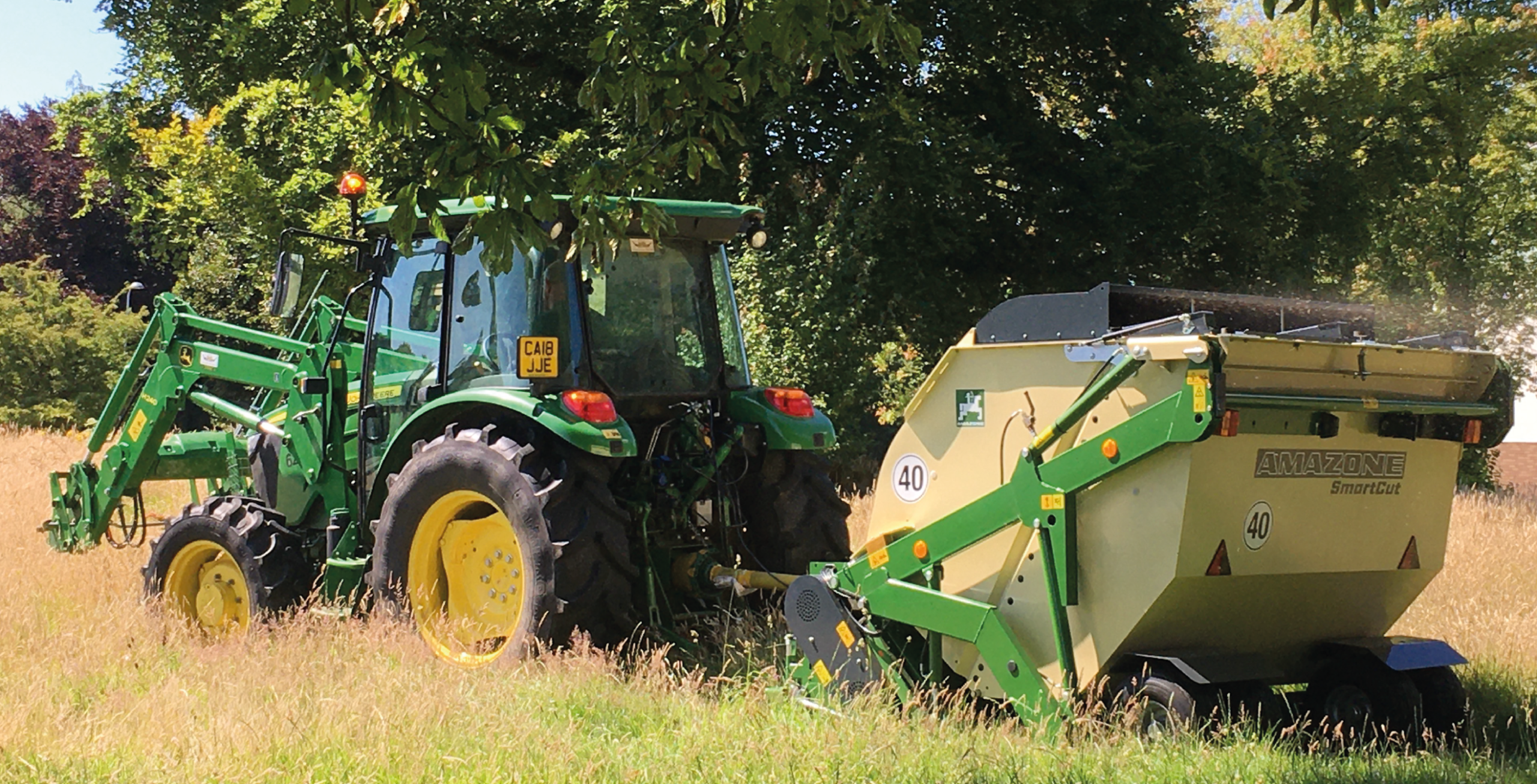
Discover the results of our Cut and Collect trial with Severn Wye Energy and how we can use grass cuttings to capture carbon.

Take part in our simple citizen science scheme and help us record what wildflowers are in your local meadow areas.
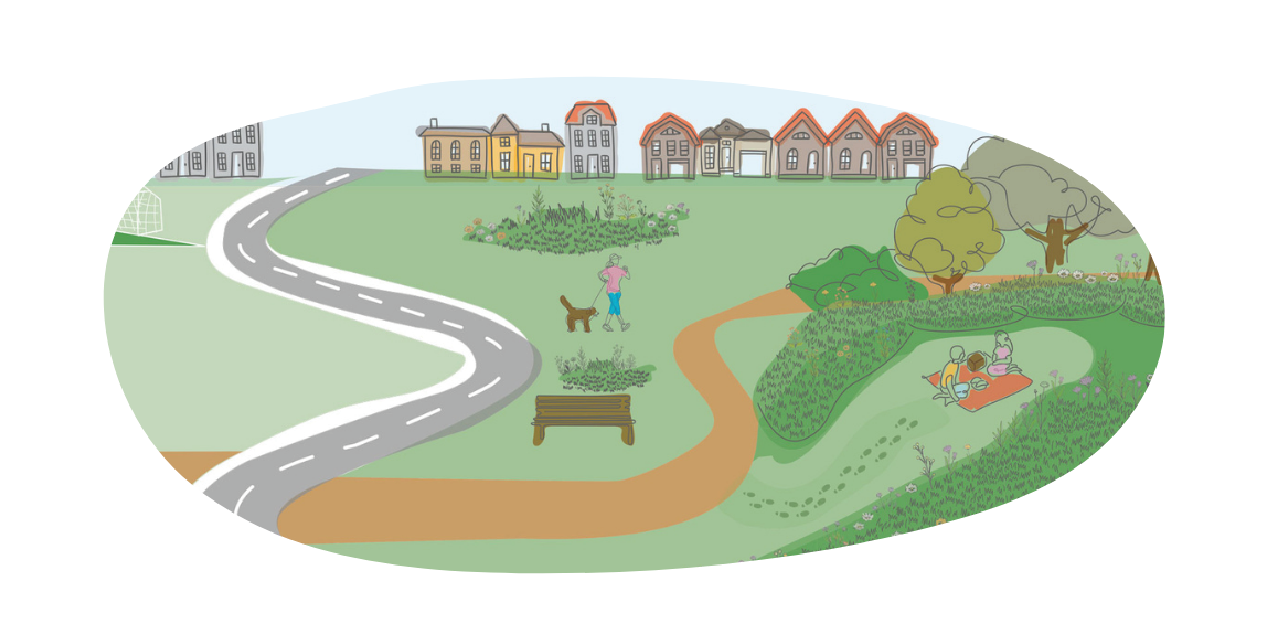
Join Nature isn’t Neat with our Code of Practice and new Resource Pack.

Take the sculpture trail across Gwent to discover our community artworks highlighting pollinators.
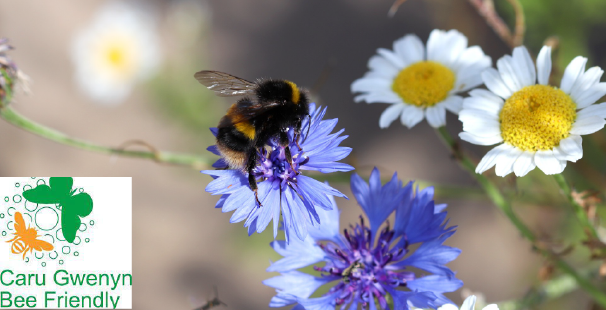
Sign up your organisation or community group to be a part of Bee Friendly Wales.

Let us know what you think and see the results of our huge 2022 public survey.
What are the Benefits?
By letting areas of grassland grow we’re encouraging more wildflowers to flower for longer, providing food and habitat for wildlife and pollinating insects like bees and butterflies.
Not only does it benefit nature, by allowing plants to grow bigger roots they store more carbon in the soil and help mitigate climate change. Bigger roots also create more air in the soil and help reduce the impact of flooding.
Environments which support a wider range of wildlife, benefits people’s health and mental wellbeing, while encouraging them to slow down and enjoy watching flowers, insects and other wildlife.
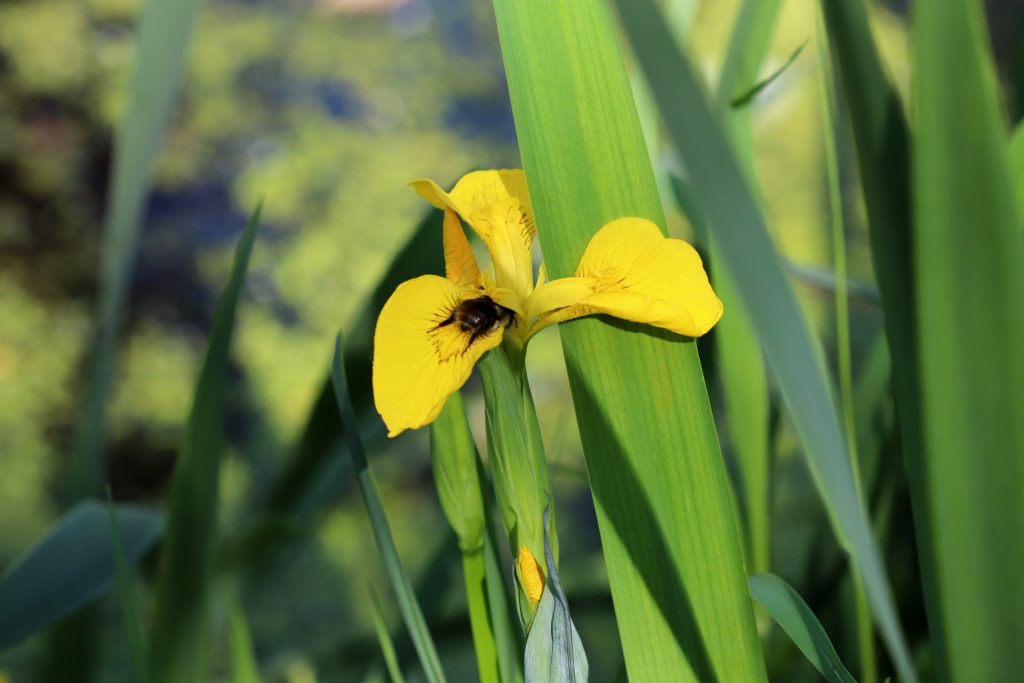
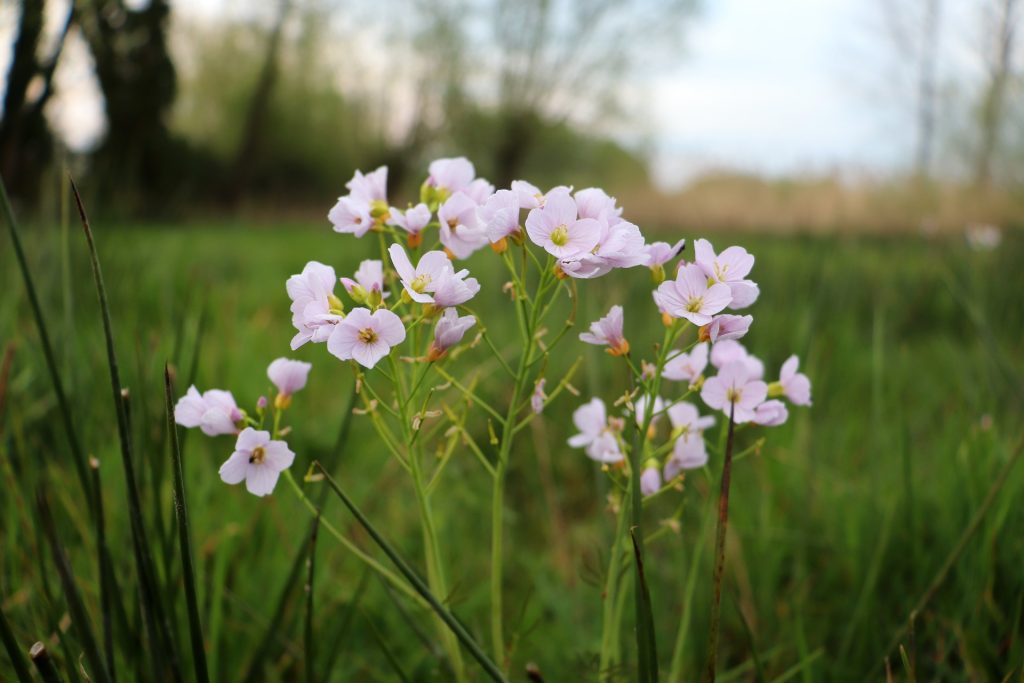
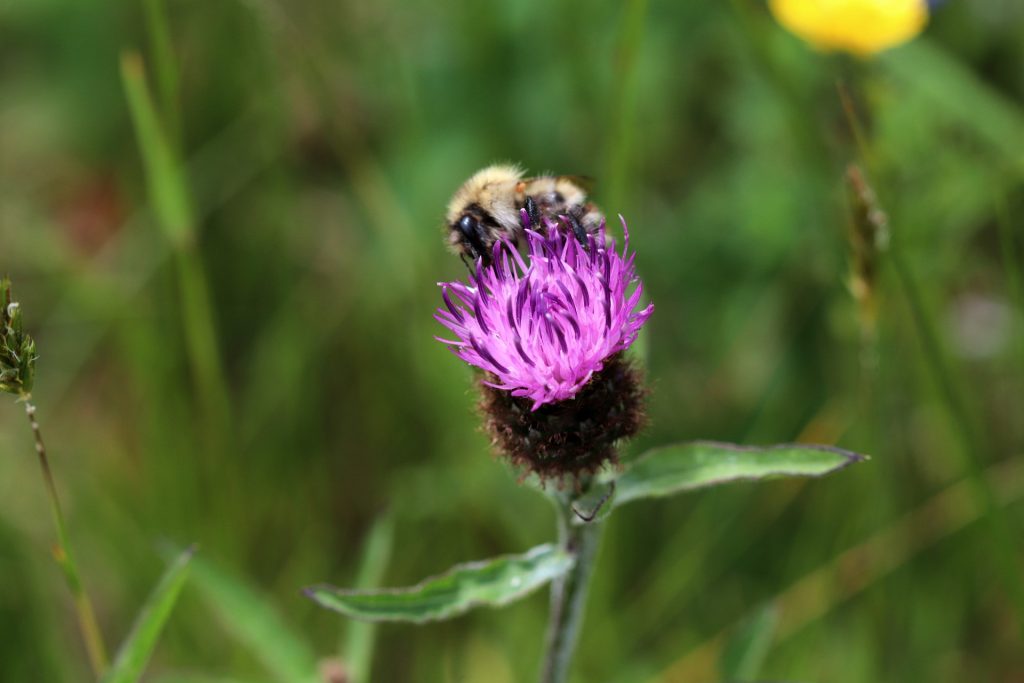
How we will manage green spaces?
The alternative way of managing is not a cost cutting exercise, green spaces will be continually managed to meet resident’s needs.
Edges of pathways and verges on road junctions will be cut frequently to maintain safety.
In large open spaces, recreational areas and sports pitches will be maintained and pathways cut through meadows to create walkways.
Have more questions? Read our Code of Action and FAQ.
To take part in Nature isn’t Neat and manage your own green space for nature, you can request our new resource pack by emailing gwentpollinators@monmouthshire.gov.uk
Cut and Collect
At the end of the summer, green spaces will be mown short once the wildflowers have seeded, mimicking the traditional way meadows were managed.
Cuttings are taken away reducing the nutrient level in the soil and stopping thick grasses from smothering the wildflowers.
Over a few years, this process will increase the abundance and diversity and wildflowers and make our green spaces more beautiful.
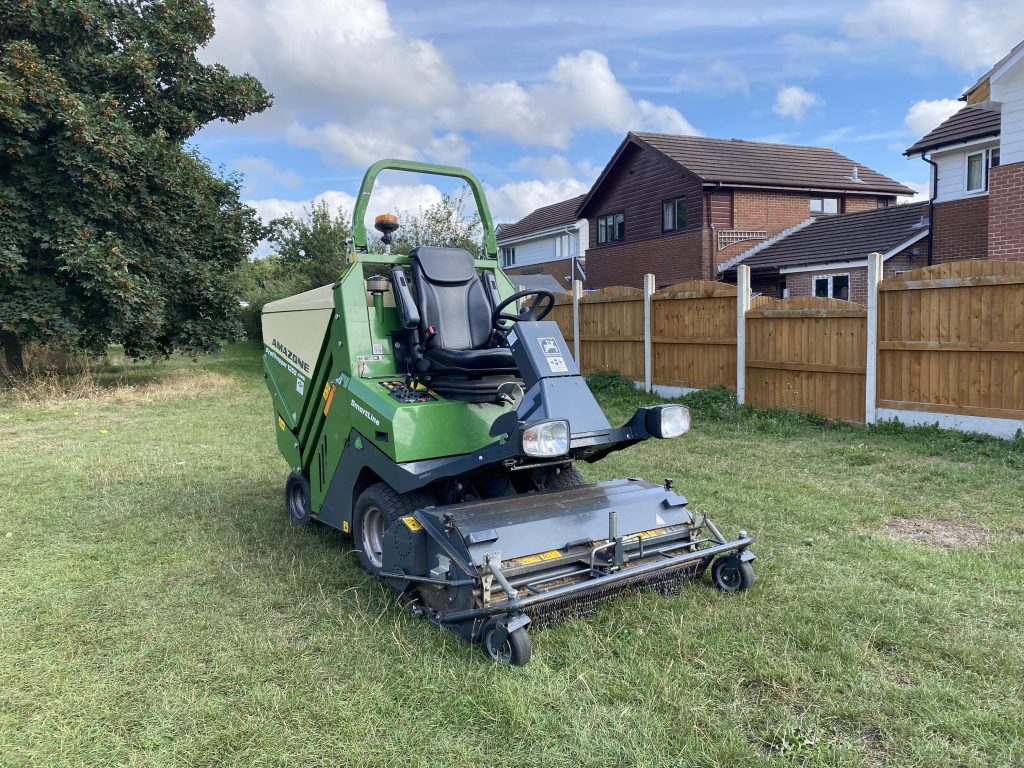
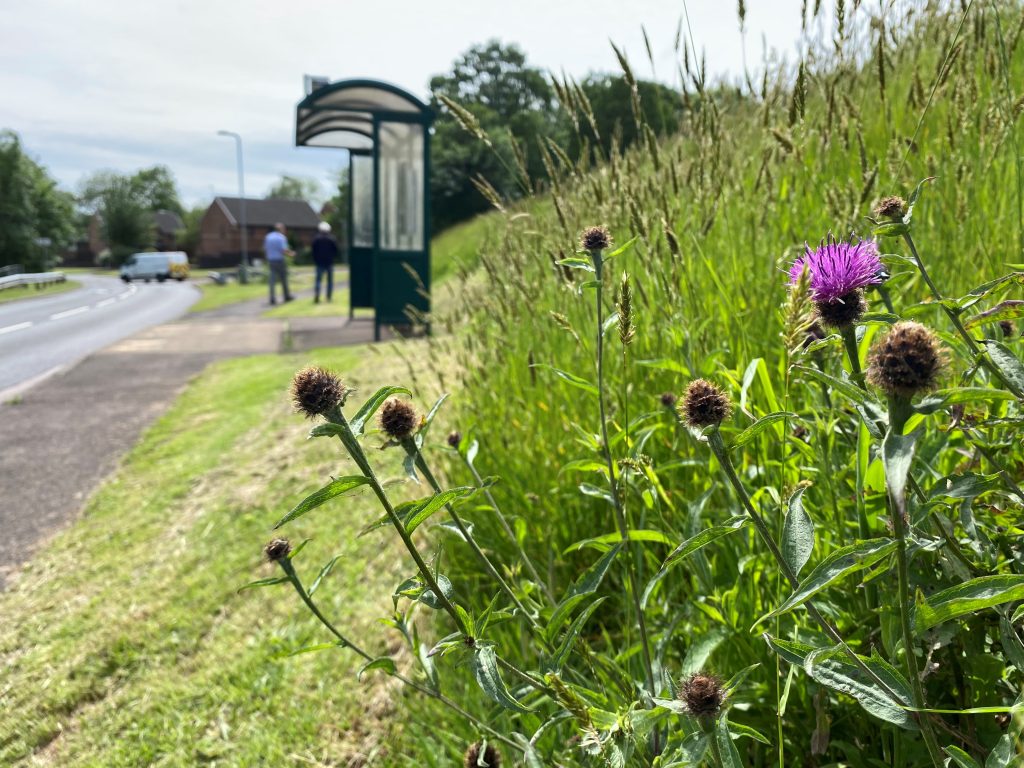

Our Project
The changes we make will help to combat the biodiversity and climate crisis and contributes to the duty Public Authorities have to maintain and enhance biodiversity.
Successful pilots to reduce areas normally cut frequently have improved biodiversity across the Gwent. This year, the Nature Isn’t Neat approach to management is being coordinated to cover wider areas across Gwent.
The project which is to be delivered as part of the Gwent Green Grid Partnership, will engage with local communities across South-East Wales, raising awareness of pollinator decline and encouraging community ownership and empowerment to deliver actions that will help them recover.
Activities and events are planned throughout the year to raise awareness of pollinator decline and promote pollinator friendly management, so look out for further updates on the upcoming events page and our social media channels.
Councillor Lisa Dymock, Monmouthshire’s cabinet member with responsibility for Green Infrastructure said:
“We are excited about the coordination of the Nature isn’t Neat approach through the Gwent Green Grid Partnership, as this strategy is crucial in response to the decline in biodiversity and challenges of climate change. Using the Nature isn’t Neat approach, the project aims to improve prospects for wildlife, providing crucial stepping stones for species to move between good habitat areas at a regional level.”

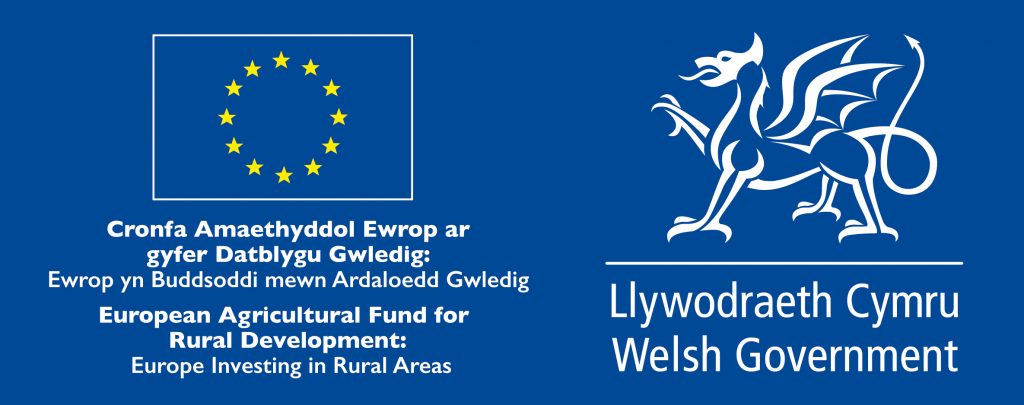
The project which is to be delivered as part of the Gwent Green Grid Partnership, the project is supported by the European Agricultural Fund for Rural Development: Europe Investing in Rural Areas and is funded by the Welsh Government’s Enabling of Natural Resources and Well-being Grant.
This post is also available in: Welsh
